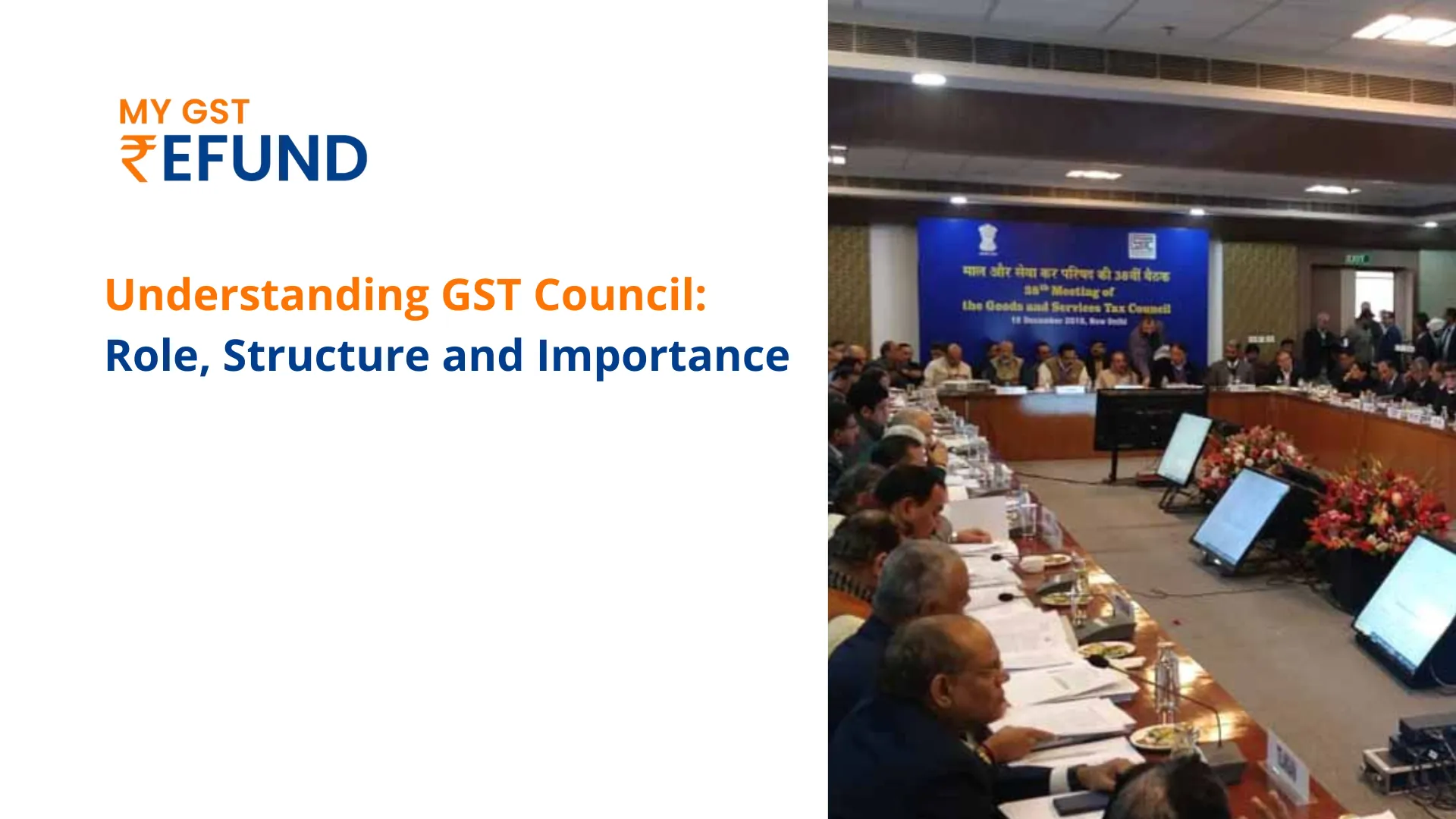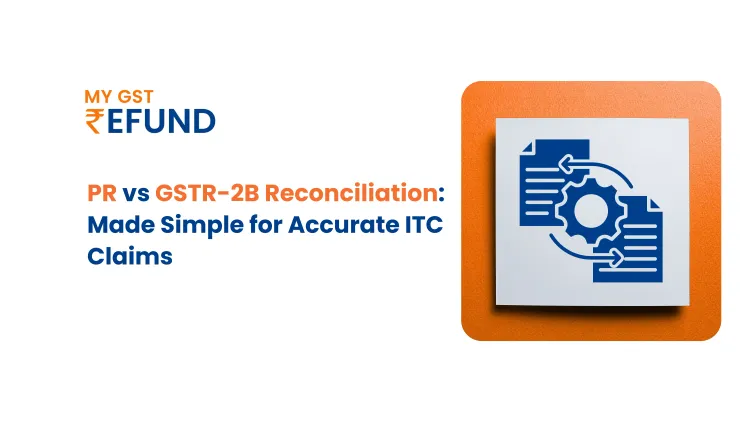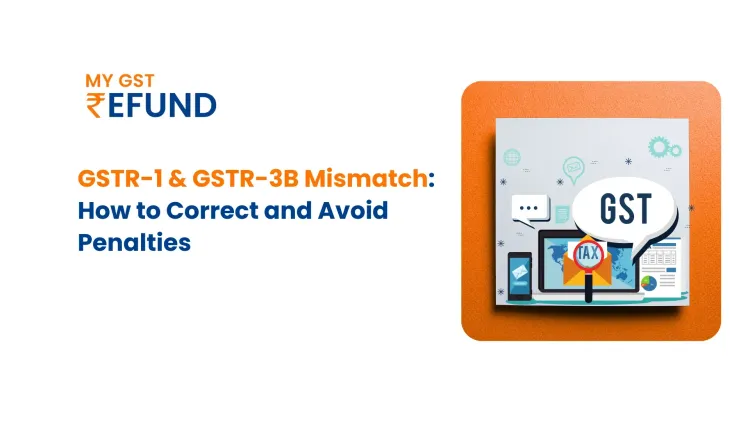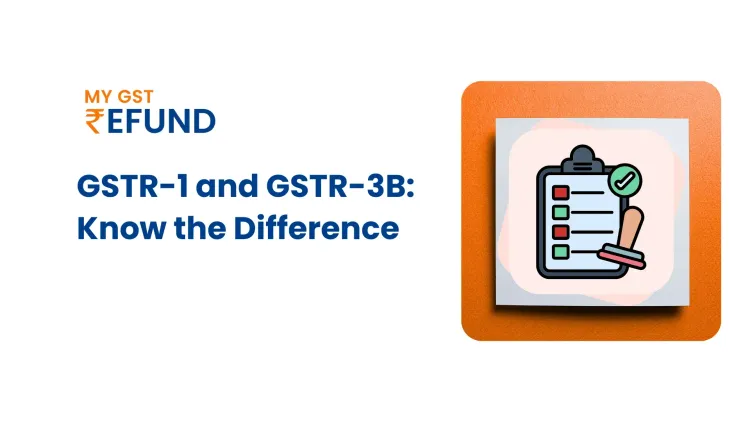GST Council: Exploring the Meaning, Role, Structure and Importance of the Goods and Services Tax Council
In India, the Goods and Services Tax (GST) Council has emerged as one of the most notable policymaking apparatuses since it helps to design the tax regime. Considering it has been established as a constitutional body, the primary objective of the GST Council is to see to the proper implementation and enforcement of GST in the country by setting tax rates, exemptions and other guidelines that are to be adhered to by all the states. In this article, we have discussed the meaning, function, organisation, and relevance of the GST Council in detail.
What is the GST Council?
The Goods and Services Tax Council is a constitutional institution established for the purpose of regulating and implementing the goods and services tax regime in India. As mentioned in Article 279A of the Constitution of India, the Goods and Services Tax Council was formed in order to make purpose of implementation of Goods and Services Tax, which started on 1st July 2017 with the subsuming of several indirect taxes like excise duty, service tax, VAT, etc.
The intent of the GST Council is to promote and foster a healthy center-state relationship with regards to indirect taxation in India. The structure of GST is dual in nature and imposes taxation by both the central and state governments.
The GST Council is designed as a federal structure in which both the central and the state governments are equally represented. The composition of the GST Council is aimed at encouraging the spirit of cooperation and decision-making.
Composition of the GST Council:
Chairperson: The Union Finance Minister is the ex-officio Chairperson of the GST Council.
Members:
- The Union Minister of State for Finance is part of the GST Council.
- The government of each state is to appoint its Finance Minister or the Taxation Minister as a member.
Voting Power:
- One-third of the voting power is allotted to the Central Government.
- Two-thirds of the voting power is assigned to the state governments.
Any decision can only be carried out if at least 75% of the votes are cast in favor of it, which serves to ensure that all the states are properly represented in the processes of decision-making.
Key Roles and Functions of the GST Council
- Decision on Exemptions: The Council is in charge of knowing what goods and services are to be prepared for GST. This is important to ease the burden on some sectors, especially on some basic goods, including food stuff.
- Threshold Limits for GST Registration: The Council determines the level of annual turnover, which is to qualify businesses for GST registration. As it is at present, any business with an annual turnover exceeding twenty lakhs rupees (ten lakhs for special category states) is obliged to register under GST.
- Special Rates for Certain Sectors: The Council proposes the implementation of such rates, which shall be applicable only to certain sectors like the petroleum and alcohol sectors, which are presently outside the GST regime.
- Implementation of GST Rules and Procedures: The Council lays down procedures for the filing of the returns for GST, payment of GST, issuance of tax invoices, tax audits and development of guidelines on these to enhance compliance.
- Dispute Resolution: Moreover, it is within the objectives of the GST Council any disagreement between States and Central and State governments in relation to the implementation of this tax.
- Reduction of Cascading Effect: In situations regarding input tax credit eligibility, exemptions, and rates, the Council takes decisions that help in ensuring that the effects of taxation only take place at the final stage, which in turn leads to an effective and clear taxation system.
Importance of the GST Council
The GST Council's role is important to the success of the GST framework. Below are the key reasons for its significance:
1. Uniformity in Taxation:
Achieving uniformity in the tax structure across all states of India is one of the most significant achievements of the GST Council. This has eliminated the necessity for businesses to pay different taxes in different states, thereby improving the business climate.
2. Federal Cooperation:
The GST Council promotes the ideals of federalism in a suitable manner since participation in the decision making is extended to both the central and state governments. This means that all the sub-national entities, including the states, engage in the process of tax policy formulation.
3. Boost to Economic Growth:
Also, the GST Council has done a lot in boosting the Indian economy, especially manufacturing, trade and service sectors, by improving the tax system, removing the cascading effect of taxes and promoting one nation, one tax policy.
4. Simplified tax regime:
The tax system is constantly being improved from the inside by the GST Council through a number of measures, such as the introduction of a simplified return filing system and increasing tax compliance heights while reducing the shrinking levels for SMEs.
5. Reducing Tax Evasion:
E-invoicing, the mandatory submission of GST returns, and attaching the Aadhaar card to each GST registration implemented by the GST Council have had a resulting impact in minimizing revenue leakages; thus, more revenue is enhanced by the government.
6. Flexibility to Adjust GST Rates:
The Council is also given the responsibility to assess the position of GST every so often and recommend changes where necessary depending on the prevailing market situation, the economic demands or even the price increase. This is to make sure that the government does not spend more than what is available in the economy while also controlling the economy's supply.
Challenges Faced by the GST Council
While the GST Council has been playing impressive role in transforming India's tax landscape, it also faces several challenges
1. Consensus Building: As there are a number of states that have distinct priorities and economic conditions, agreeing on different matters is still an uphill task.
2. Compensating the States: Ensuring that the states are paid for any revenue losses caused by the introduction of GST is one of the duties assigned to the Council. The provisions of this compensation have been hotly contested.
3. Bringing Exempt Sectors Under GST: Some key sectors, such as petroleum products, real estate, and liquor, are still not under the ambit of GST, and the council is under pressure to bring them into the tax bracket.
Important Developments of the GST Council Till 2024
The introduction of Goods and Services Tax (GST) in 2017 has rendered the GST Council an integral part of formulating and implementing GST policy across all states in India. The Council in its meetings and debates has taken a number of important decisions over the years with respect to rationalising the tax, overcoming new challenges, and enhancing its pro-business stance. In this piece, we will highlight some of the major events related to the GST Council till 2024:
1. E-Invoicing Expansion (2020-2024)
Electronic invoicing was introduced in 2020 for companies with revenues exceeding ₹500 crores and later extended to smaller enterprises. By 2024, all businesses with a turnover greater than ₹5 crores will be mandated to adopt e-invoicing, promoting greater transparency in the tax system, enhancing compliance, and helping to reduce tax evasion.
2. GST Rate Rationalization (2021-2023)
- The GST Council made important changes to tax rates to minimise classification disputes and streamline the tax system.
- In various meetings, the Council reduced GST rates on items such as COVID-19 essentials, medical equipment, and life-saving medications during the pandemic, offering support to the healthcare industry.
- By 2023, the Council also assessed and simplified the rate structure, making it less complicated across different slabs, especially for products like textiles and footwear.
3. Implementation of GST on E-commerce (2022-2023)
The GST Council has introduced and enforced new regulations for e-commerce and food delivery agents associated with Amazon, Flipkart, Swiggy, and Zomato. Starting in January 2022, tax collection at source and goods and services taxes were applied to e-commerce transactions, requiring operators to register with non-registered suppliers and small businesses, thereby bringing the informal sector under the GST framework.
4. GST on Cryptocurrency (2022)
During its 1st session in early 2022, the Council discussed the taxation of cryptocurrencies and digital assets and suggested rendering a 28% GST rate on trading of the said assets alongside other tax implementation policies in 2024.
5. GST Appellate Tribunal (GSTAT) Setup (2023)
With the passage of time the Council established a Tribunal known as the GST Appellate Tribunal (GSTAT) for hearing appeals pertaining to GST assessment, tax collections and refunds. It is established with an objective to facilitate and fasten the appeal process and reduce the pressure on the courts.
As for 2023, the Tribunal commenced its operations from the regional and the national levels, thus providing the tax payers with a platform for dispute resolution.
6. Simplified GST Return Filing System (2023)
As of the year 2023, the GST Council came up with a Simplified GST Return Filing System for Small Taxpayers to replace the complicated earlier system based on GSTR-1, GSTR-2 and GSTR-3.
- Quarterly Filing, Monthly Payment: Small business entities with turnover upto ₹5 crore are now permitted to file GST returns on quarterly basis with tax payments to be made every month. This would considerably ease the compliance burden for smaller businesses.
- Auto-Generated Return: The Returns are now generated automatically in the system depending on the data of materials provided by the vendors. Such provision minimizes the chances of manual errors and enhances the return filing system making it more accurate in fulfilling the requirements.
- Self – Invoicing without Matching: There is no need of matching invoices with suppliers and of laboriously searching and holding on to hard copies. A new system was introduced that allows taxpayers to create their own invoices without the need for the suppliers. This has made the process quicker and easier.
7. Introduction of Composition Scheme for Service Providers (2021-2024)
The GST Council has further relaxed the restrictions on small service providers by implementing a composition scheme that extends to all persons engaged in providing services if their annual turnover does not exceed ₹50 lakhs.By the end of the year 2024, this scheme enabled small enterprises to remit a pale GST of 6%, unlike any other higher rates, for purposes of compliance assurance.
8. Inclusion of Petroleum Products Under GST (2024)
The inclusion of petroleum products in the ambit of Goods and Services Tax was one of the requests from various sectors that had been pending for long.
In 2024, the GST Council, after vigorous debates between the center and state, reached a consensus on including petrol and diesel within the ambit of GST along with an intricate system of dual control, aimed at mitigating the stretching tile of taxes and benefiting the end user.
9. GST Compensation Cess Extension (2022-2026)
The GST Council resolved to prolong the period of imposing the GST Compensation Cess to the year 2026 in order to mitigate the effects of the revenue losses experienced by the states due to the pandemics.This compensation was supposed to last only for a period of five years, but the extension comes in handy for states that have been unable to recover revenues during the period.
10. Zero Tax on EVs and Boost for Green Energy (2021-2024)
Pursuing the ultimate objective of promoting electric vehicles (EVs) in the country, the GST Council slashed the tax rate on these vehicles significantly to 5 percent for the year 2021.By the year 2024, however, the GST on EV chargers, batteries, and ancillary EV charging gear also underwent similar rationalization aimed at further stimulating the green energy sector.
11. GST on Online Gaming and Betting (2022-2023)
The online gaming and betting market experienced a jump in growth; however, more regulation came into force.
The GST council ruled that all games, betting, and gambling-related activities beginning in 2022 shall attract a 28% tax on the total value of the transactions, citing it as a form of action from the speculative industry.
12. Introduction of Reverse Charge Mechanism on Imports (2023)
In an effort to better monitor imported products, the Council in 2023 for certain categories of imports enhanced the Reverse Charge Mechanism (RCM). This ensured that the foreign supplier was no longer obliged to pay the Goods and Service Tax (GST) but the Indian importer, thereby enhancing tax compliance.
Conclusion
The GST Council is most importance in devising the Goods and Services Tax structure in India. It is a federal body that seeks to implement GST in an optimal way by balancing the requirements of both the central government and states’ governments. It has a unique two-tier structure comprising of both central and state representatives which aids in the decision-making process and allows for responsiveness to different economic situations when necessary.
Therefore even though the GST Council in its own right helps in alleviating the tax burden, it plays an even more important role in the growth of the economy.
Related Posts








